British Library cyber attack is a wake up call to the cultural sector
Thankfully, physical objects are safe from cyber warfare, but our cultural institutions need to sit up and take notice, warns Athena

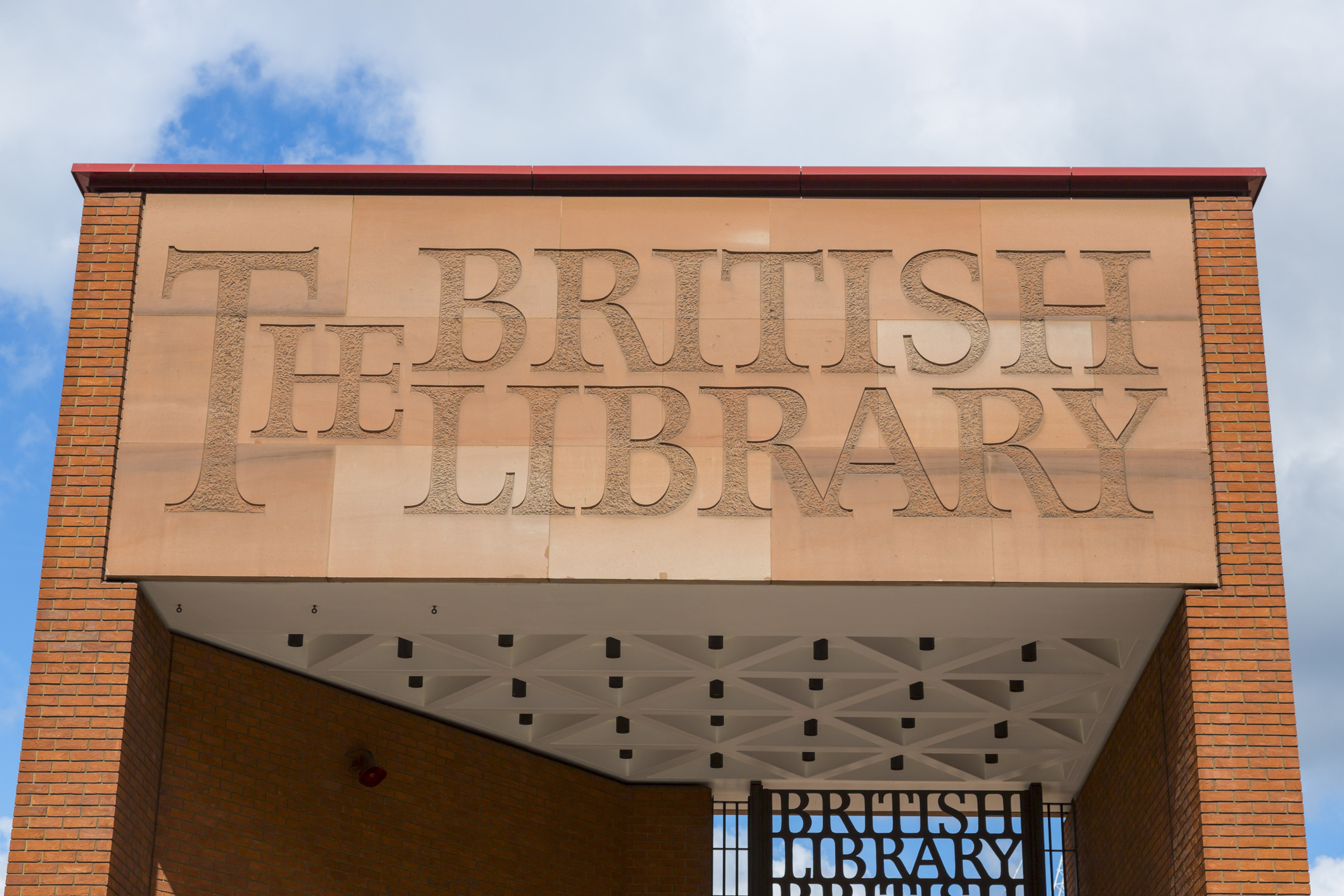
At the end of October last year, the British Library was the victim of a cyber attack. It has caused what the institution’s website describes as a ‘major technology outage… affecting our website, online systems and services and some onsite services’. The same announcement goes on to emphasise that the library and its exhibitions remain open, but that ‘some services are limited, including access to collection items’.
In practice, that means that some remotely stored books cannot be ordered and readers—at the time of writing—must fill out slips to call up such material as is accessible. At the same time, the future of digital catalogue entries, as well as much photographic material, remains uncertain. Ominously, last month, the attackers ‘released some of our data onto the dark web, including some personal user information’. Disruption ‘is now expected to persist for several months’.
In every sphere, digital systems are so efficient and convenient that, within a breathtakingly short period, they have become fundamental to our lives. This episode is a sobering reminder of how shockingly vulnerable they are. The more so, perhaps, in the cultural sector because its digital services are a less obvious target than those of a major business or government.
One central lesson of the attack—which is as true for individuals as for institutions—is that we all need to keep copies of the data we create. After all, the instantaneous loss of vast quantities of material doesn’t need to involve criminals. It can as easily happen as a result of a fault, through technical obsolescence or by accident. Why the British Library didn’t have such a backup or—more probably—why it has been corrupted as well, is not clear.
Another lesson is that digitisation does not make objects redundant. In this regard, Athena would suggest that precious works of art that merit intimate study—including manuscripts and paintings—are to our culture what ingots of gold are to our economy. We all acknowledge that gold has value, but nobody takes it to the supermarket to buy food. Instead, we use it—or used to use it—to underwrite the value of the notes and coins we carry around to make purchases on a day-to-day basis.
In exactly the same way, digital resources give wide currency to the objects we treasure and make them accessible to a huge audience. Indeed, without digitisation, these objects have almost no currency at all. As with cash, however, digital records have no intrinsic value and will sooner or later need replacement. Producing them, therefore, is a running cost, not an investment.
This attack is a serious blow, but, as long as the British Library physically protects its bullion—objects such as the Lindisfarne Gospels—it doesn’t matter. Happily, that manuscript has survived much longer and through far greater dangers than the unfortunate and recent digital records made of it have.
Exquisite houses, the beauty of Nature, and how to get the most from your life, straight to your inbox.
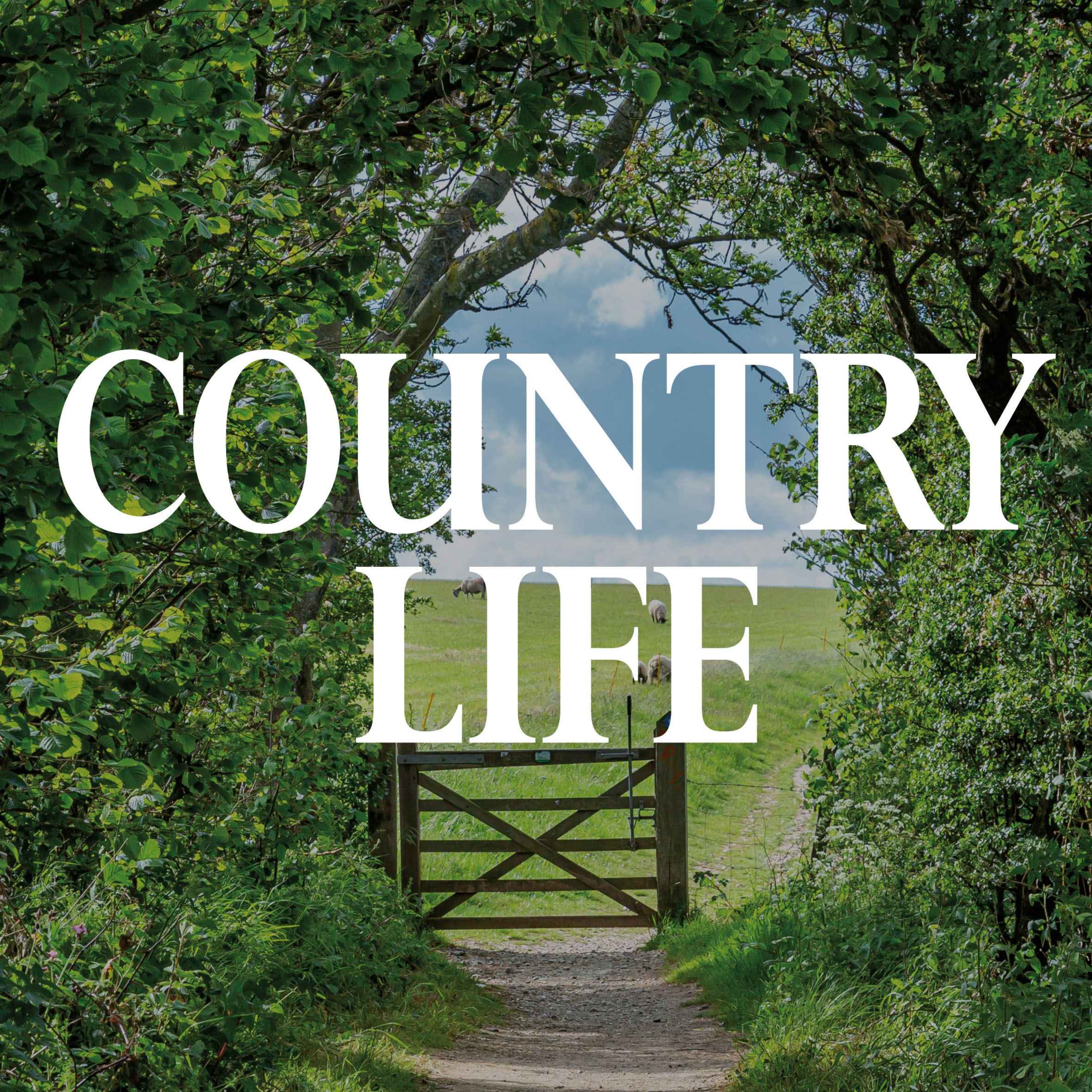
The Country Life Podcast
Listen to all the episodes of the Country Life Podcast.
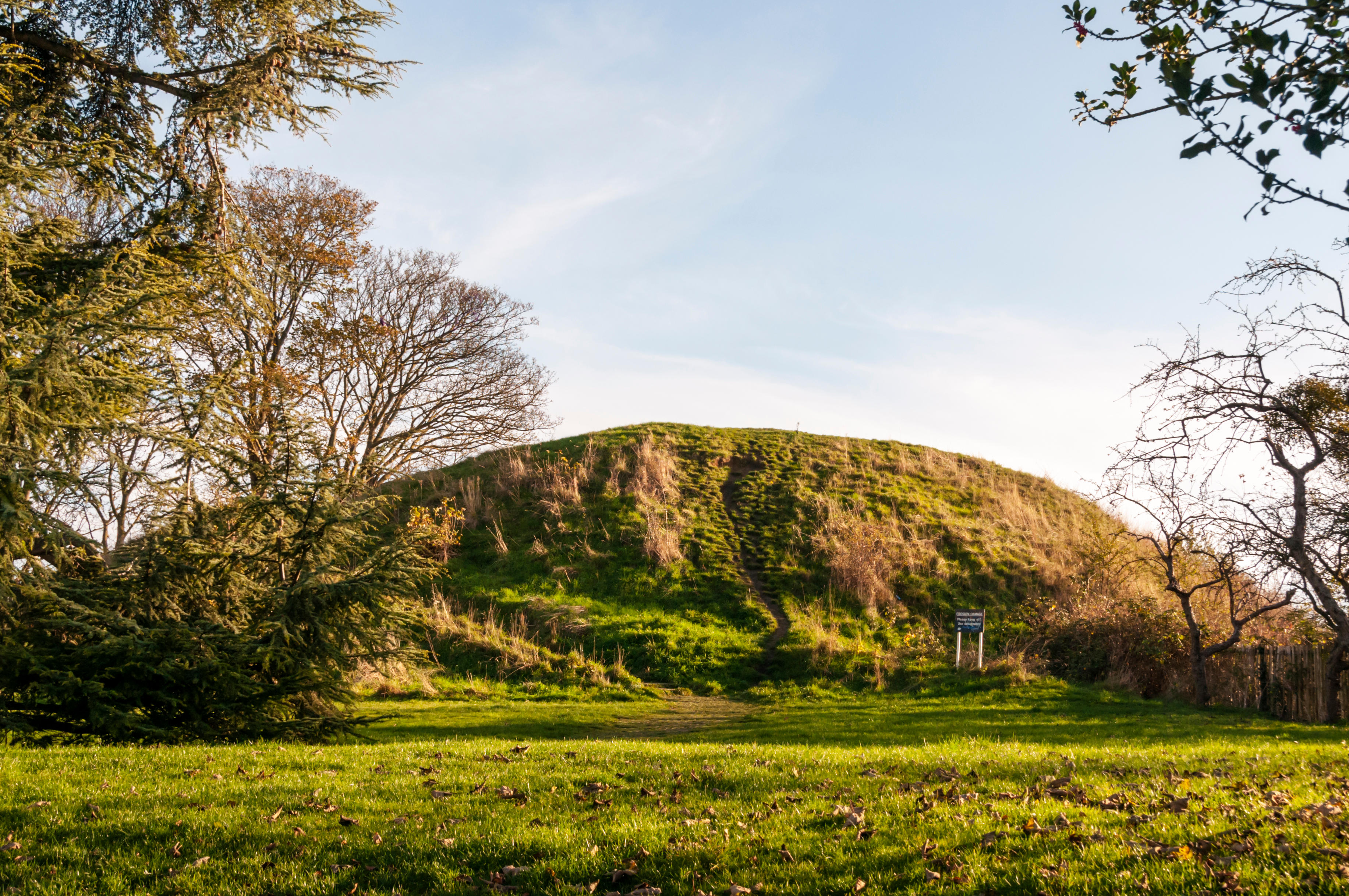
The sad decline of Cambridge Castle: 'How could this happen in one of our great university cities?'
Country Life's cultural columnist Athena bemoans the lack of care shown for what remains of one of the first Norman
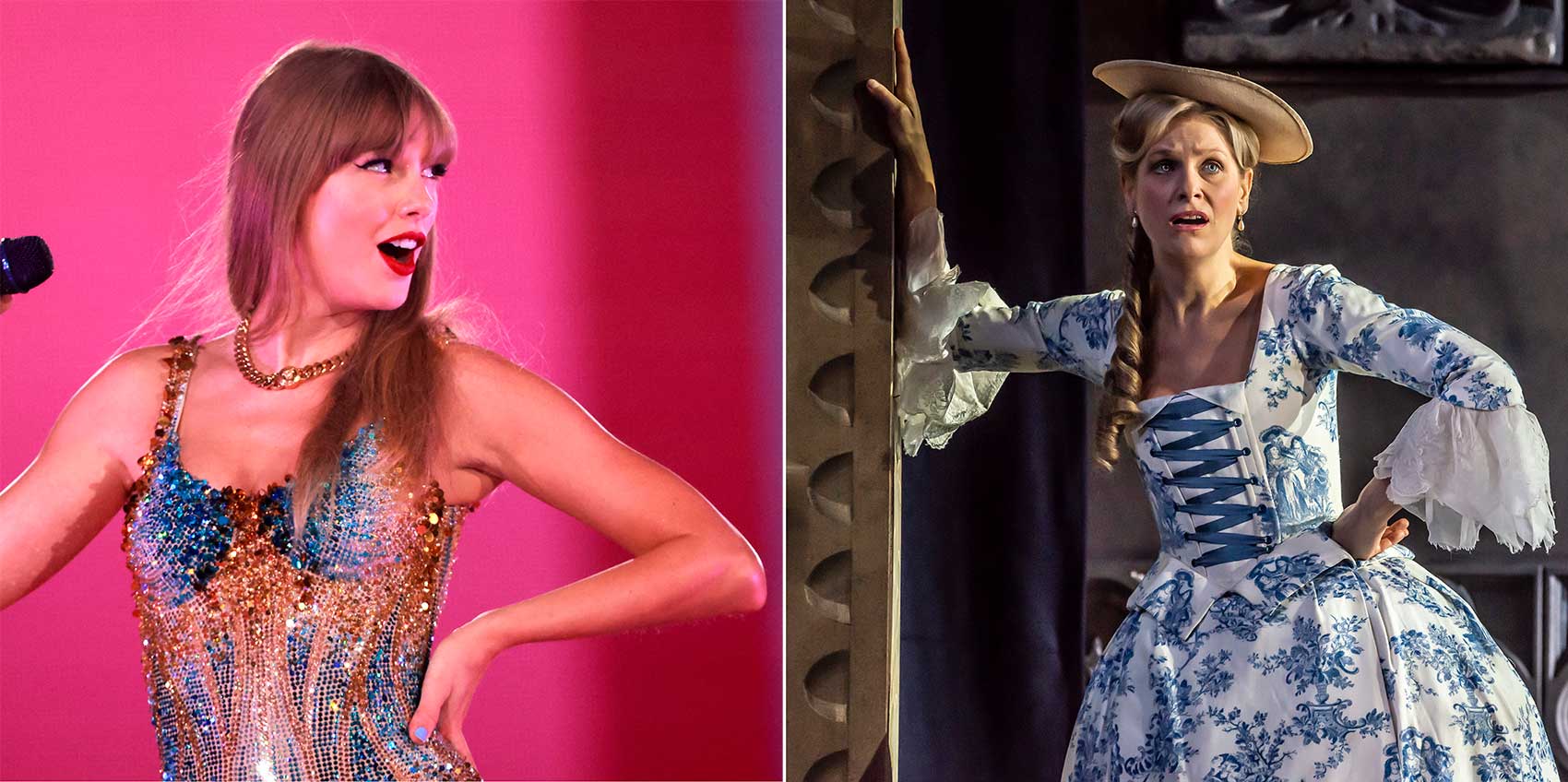
What price culture? £380 to see Taylor Swift — or £12 for a night at the Royal Opera
Country Life's cultural crusader Athena takes a look at the thorny issue of live music ticket prices — and how
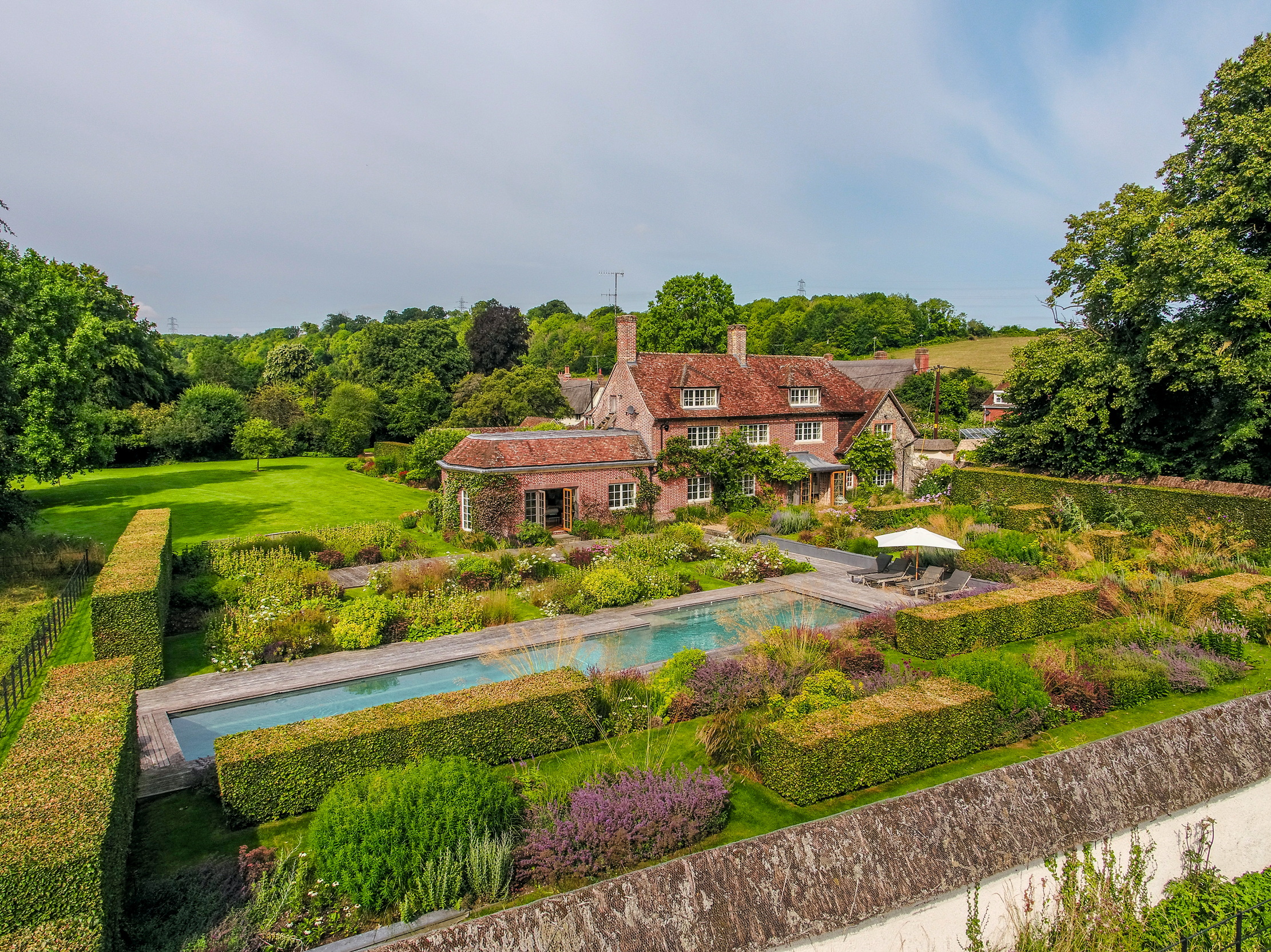
Credit: Strutt and Parker
Best country houses for sale this week
An irresistible West Country cottage and a magnificent Cumbrian country house make our pick of the finest country houses for
Country Life is unlike any other magazine: the only glossy weekly on the newsstand and the only magazine that has been guest-edited by His Majesty The King not once, but twice. It is a celebration of modern rural life and all its diverse joys and pleasures — that was first published in Queen Victoria's Diamond Jubilee year. Our eclectic mixture of witty and informative content — from the most up-to-date property news and commentary and a coveted glimpse inside some of the UK's best houses and gardens, to gardening, the arts and interior design, written by experts in their field — still cannot be found in print or online, anywhere else.
